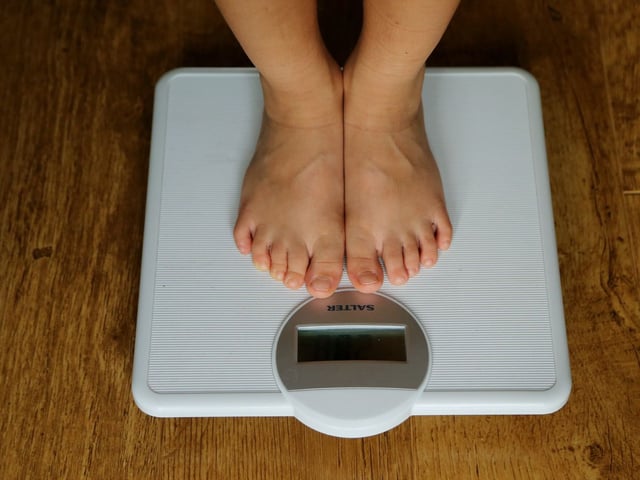Overview
- The score was developed by an international team using genetic data from more than five million individuals, including contributions from the GIANT Consortium and 23andMe.
- Tests on over 500,000 participants showed it explains about 17.6% of BMI variation in European ancestry groups, twice the efficacy of earlier predictors.
- Children with higher genetic risk experienced greater initial weight loss during intensive lifestyle interventions but faced faster weight regain afterward.
- Predictive accuracy fell sharply in non-European groups, capturing about 16% of risk in East Asian Americans and just 2.2% in Ugandan cohorts.
- Researchers warn that expanding representation in genetic datasets is essential before the tool can be adopted for clinical early-life obesity prevention.



